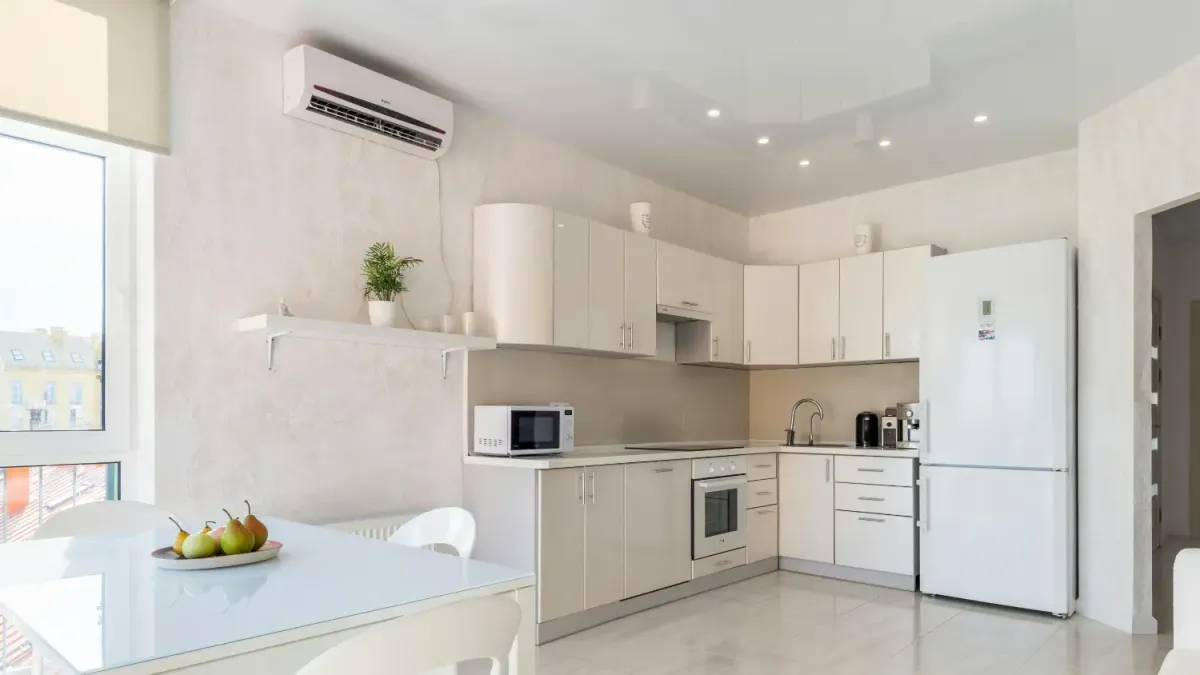Energy-efficient appliances: What to look for when buying a new appliance
As utility bills keep getting higher, saving on energy is made easier when you invest in energy-efficient appliances.

As utility bills keep getting higher, saving on energy is made easier when you invest in energy-efficient appliances.


I spent hours looking at new TVs this week, but my TV at home is still over a decade old. When is it time to upgrade?

With wireless party Chain, you can sync music and lighting to up to 100 speakers - that's going to be a loud party!

It's probably fine. But if you're worried, there's also the 4K Odyssey OLED G8 model to consider.

I spent about four and a half hours playing with Samsung's latest flagship OLED TVs. There's a lot to like here, but it comes at a steep price.